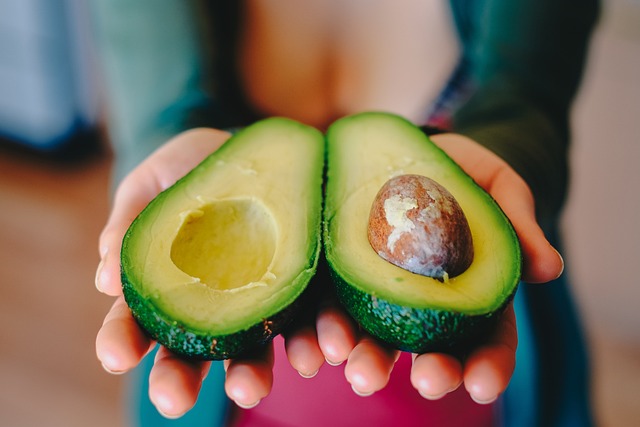(Probiotics 101: Your Comprehensive Guide to Understanding the World of Beneficial Bacteria)
What are Probiotics?
Probiotics are live microorganisms that provide numerous health benefits when consumed in adequate amounts. These beneficial bacteria are naturally found in fermented foods and supplements. They play a crucial role in maintaining the balance of microbial communities in our bodies, particularly in our gut.
How Do Probiotics Work?
When we think of bacteria, we usually associate them with diseases and infections. However, not all bacteria are harmful to us. Probiotic bacteria, such as Lactobacillus and Bifidobacterium, have been extensively studied for their positive effects on our health.
Probiotics work in several ways:
- Restoring Balance: Probiotics help restore the natural balance of bacteria in our gut. They promote the growth of beneficial bacteria while inhibiting the growth of harmful ones.
- Strengthening the Immune System: These beneficial bacteria stimulate our immune response, helping to prevent and fight off infections.
- Enhancing Nutrient Absorption: Probiotics aid in breaking down and absorbing nutrients from the food we eat, ensuring optimal nutrient uptake.
- Improving Digestion: By supporting the breakdown of food and the production of digestive enzymes, probiotics can alleviate common digestive issues.
- Boosting Mental Health: Emerging research suggests a link between the gut microbiome and mental health. Probiotics may positively affect brain function and reduce the risk of mental health disorders.
Benefits of Probiotics
Gut Health
One of the primary benefits of probiotics is their ability to improve gut health. They help maintain a diverse and balanced gut microbiota, which is essential for proper digestion and nutrient absorption. Probiotics can alleviate digestive issues such as bloating, constipation, and diarrhea.
Immune Support
Probiotics play a crucial role in supporting the immune system. By strengthening the gut barrier function, they prevent harmful pathogens from entering our body and stimulate the production of immune cells. Studies have shown that probiotics can reduce the risk of respiratory tract infections, improve vaccine effectiveness, and shorten the duration of common colds.
Women’s Health
Probiotics can be particularly beneficial for women. They help maintain a healthy vaginal microbiota, preventing common infections such as yeast infections and bacterial vaginosis. Probiotics may also reduce the risk of urinary tract infections and support overall reproductive health.
Mental Well-being
As mentioned earlier, the gut-brain connection is a growing area of research. Probiotics have shown promise in improving mental health conditions such as anxiety, depression, and stress. By positively modulating neurotransmitters and influencing communication between the gut and brain, probiotics may help support a healthy mind.
Sources of Probiotics
Probiotics can be obtained through diet and supplements. Some food sources rich in probiotics include:
- Yogurt
- Kefir
- Sauerkraut
- Kombucha
- Kimchi
- Miso
- Tempeh
When choosing probiotic supplements, it’s important to look for strains that have been scientifically studied and proven effective. Different strains have different benefits, so it’s advisable to consult with a healthcare professional to determine which strains are most suitable for your specific health needs.
Conclusion
Probiotics are beneficial bacteria that offer a wide range of health benefits, primarily by supporting gut health, boosting the immune system, and potentially improving mental well-being. They can be found in certain fermented foods and in supplement form.
While probiotics are generally safe







